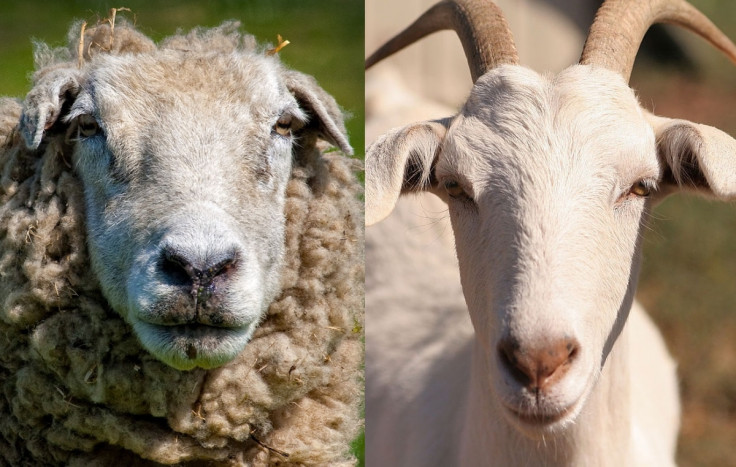Sheep Were Goats Four Million Years Ago

Four million years ago, sheep were still goats, having not separated genetically as a new species, researchers have found.
For the first time, scientists have mapped the entire sheep genome and discovered when it became a distinct species from goats.
Published in the journal Science, the international team of scientists looked at what genes give sheep their fleece and their digestive system, which makes them so well-suited to feeding on low quality grass and plants.
The research took eight years of work and was led by scientists from the Commonwealth Scientific and Industrial Research Organisation (CSIRO).
"We investigated the completed genome to determine which genes are present in a process called gene annotation, which resulted in an advanced understanding of the genes involved in making sheep the unique animals that they are," project leader Brian Dalrymple said.
The researchers compared the sheep genome to goat, cattle, yak, pig, camel, horse, dog, mouse, opossum and humans to identify 4,850 single-copy orthologous genes, from which they were able to construct a family tree.
Analysis identified several genes involved in wool production and genes that underpin the evolution of rumen, a chamber in the stomach that breaks down plant material for digestion.
Alan Archibald, head of genetics and genomics at the Roslin Institute, which took part in the research, said: "Sheep were one of the first animals to be domesticated for farming and are still an important part of the global agricultural economy. Understanding more about their genetic make-up will help us to breed healthier and more productive flocks."
Dalrymple added that their study has implications for the wool industry: "Given the importance of wool production, we focused on which genes were likely to be involved in producing wool.
"We identified a new pathway for the metabolism of lipid in sheep skin, which may play a role in both the development of wool and in the efficient production of wool grease (lanolin)."
© Copyright IBTimes 2025. All rights reserved.






















